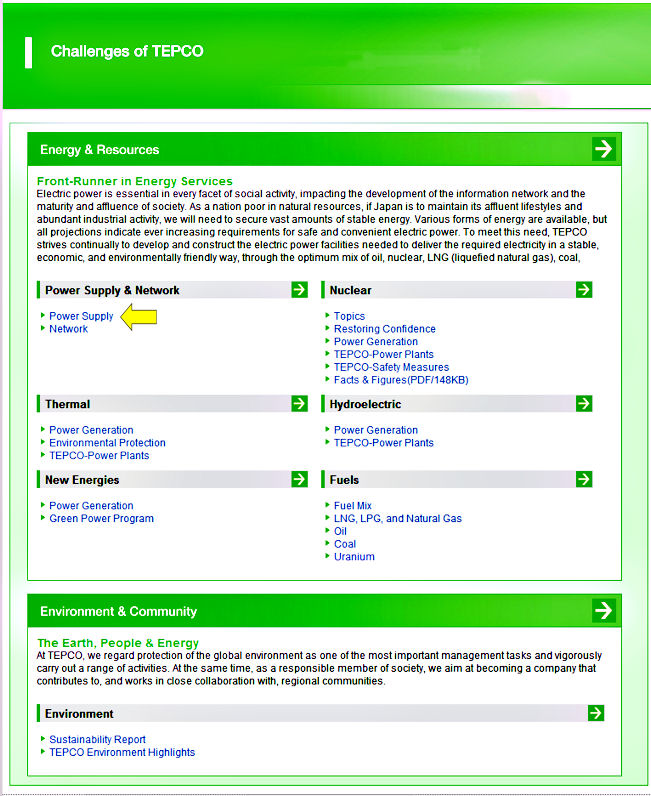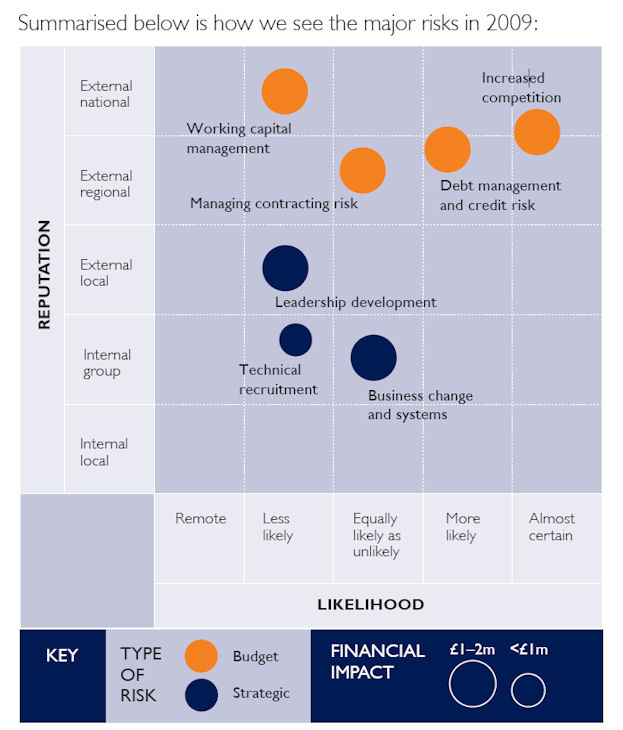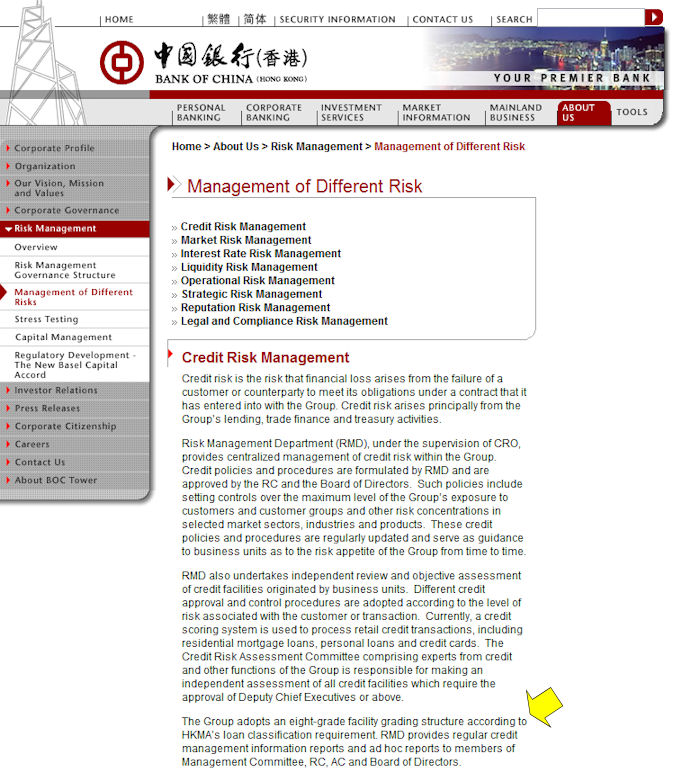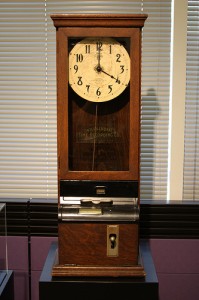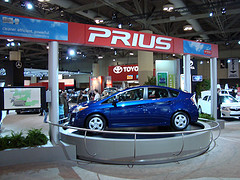 The story that’s been traveling through online branding circles over the past several days has centered around the upgraded headlights in Toyota’s eco-friendly Prius model and their tendency to fail, particularly after the car’s warranty is over. At first glance, this story might not seem like a big deal. So the headlight goes out. Head over to the local auto parts store and pick up a new bulb. But wait a minute! These are not just any headlights. These are special upgrade headlights that cost up to $1800 to repair and replace when they go out. Suffice it to say, a class action lawsuit has been filed against Toyota over these $1800 headlights.
The story that’s been traveling through online branding circles over the past several days has centered around the upgraded headlights in Toyota’s eco-friendly Prius model and their tendency to fail, particularly after the car’s warranty is over. At first glance, this story might not seem like a big deal. So the headlight goes out. Head over to the local auto parts store and pick up a new bulb. But wait a minute! These are not just any headlights. These are special upgrade headlights that cost up to $1800 to repair and replace when they go out. Suffice it to say, a class action lawsuit has been filed against Toyota over these $1800 headlights.
Now, you might ask, if this is a widespread problem, why hasn’t Toyota issued a recall? Well, despite Toyota’s reputation as being a manufacturer of quality vehicles that will last far longer than American made (I’ve heard that sales pitch at my local Toyota dealership – in fact, it was the only pitch the salesman had), the company is notoriously slow in responding to widespread problems such as this. That slow to react approach might have a bigger impact on Toyota now for a few reasons:
- With economies doing poorly, consumers are ready to switch brands at a moment’s notice. It’s not time to get slack on any kind of customer service issue.
- The Prius is the “it” car for socially and environmentally conscious consumers. This is not an audience that will respond positively to a company that doesn’t do the right thing.
- If consumers don’t feel like they can count on the Toyota brand, then they’ll see little differentiation between Toyota and other car brands whose reputations have been tainted recently, namely, American automobile manufacturers like General Motors.
These reasons don’t even touch on the most obvious question — why does the Prius have an $1800 headlight upgrade option? It seems excessive for a car that’s supposed to represent the opposite of excess.
So the question remains whether or not Toyota responds quickly enough to turn this black mark on its record into a minor blemish or if it will blow up into a full-fledged PR disaster. We’ll have to wait and see. Certainly, given the state of the world around us, one would think that a quick, customer-focused response would be the best path for Toyota to take to keep the promise its brand has come to represent to consumers.
What do you think?
Image: Flickr
 Apple is facing a problem that is certainly not new to the world of branding and international trademarking. There are over one billion people in China, and many of them desperately want an iPhone (rumor has it that over 1 million Chinese consumers already own one having gotten them through unofficial channels – via
Apple is facing a problem that is certainly not new to the world of branding and international trademarking. There are over one billion people in China, and many of them desperately want an iPhone (rumor has it that over 1 million Chinese consumers already own one having gotten them through unofficial channels – via 